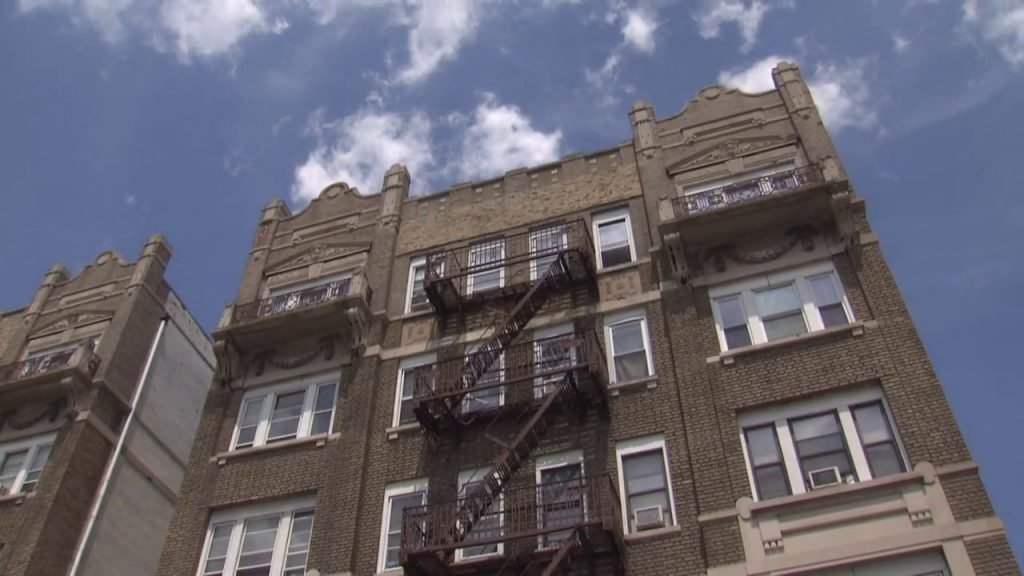New Jersey – like many other states – has enacted laws to protect tenants’ security deposits while they are being held by a landlord. Landlords who fail to meet these requirements can face financial penalties. It is important for landlords to understand their legal obligations – and for tenants to understand their rights. Attorney Lawrence M. Centanni is an experienced New Jersey real estate attorney dealing in landlord-tenant issues. Call (908) 351-0028 today schedule your consultation.
Here are a few basic laws you should know about handling security deposits in New Jersey:
You must keep the security deposits separate from your personal assets (including operating expenses and rental income).
Security deposits remain the property of a tenant, even while they are held by a landlord. New Jersey law requires landlords to carefully protect this property. Section 46:8-19 of the New Jersey Statutes states that the funds must be deposited in a money market account or a bank account that is insured by the FDIC. Interest earned on these funds must be accounted for and returned to the tenant. New Jersey law also requires you to notify your tenant of the bank where the security deposit is being held within thirty days of receipt (or within thirty days of moving the deposit to a new financial institution).
Landlords who fail to do so can face financial penalties. If you fail to deposit the account or notify your tenant as required by law, the tenant can give written notice of his or her right to be credited against future rent owed. This credit is the amount of the deposit plus seven percent annual interest.
You must return the security deposit (and itemize any deductions) within thirty days of the end of a lease.
Section 46:8-21.1 requires that security deposits be returned to tenants by personal delivery, registered or certified mail. They must include the tenant’s portion of the interest earned on the deposit. If there are any deductions for damages or losses, these must be itemized in detail.
In the case of fire, flood, condemnation, or evacuation, a tenant is entitled to receive his or her security deposit within five days. This includes situations in which the building cannot be occupied due to failed inspections, or other occupancy prohibitions enforced by local authorities.
You still have obligations to your tenant if your property is conveyed.
Section 46:8-20 requires landlords to turn over tenants’ security deposits (plus interest) to the purchaser of a rental property. Landlords must also notify the tenant in writing of the name and address of the person who now has the security deposit. This applies whether the property is sold, deeded as a gift, foreclosed on or sold at auction. Any time a property is conveyed, the landlord must transfer the tenant’s security deposit to the new owner and notify the tenant in writing, by certified or registered mail.
Call Us Today to Schedule a Consultation with a New Jersey Real Estate Lawyer
If you have questions or issues related to security deposits or anything else related to landlord-tenant matters, you should talk to an attorney as soon as you can. To schedule a consultation with a real estate attorney in New Jersey, call our office today at 908-351-0028 or contact us online.



